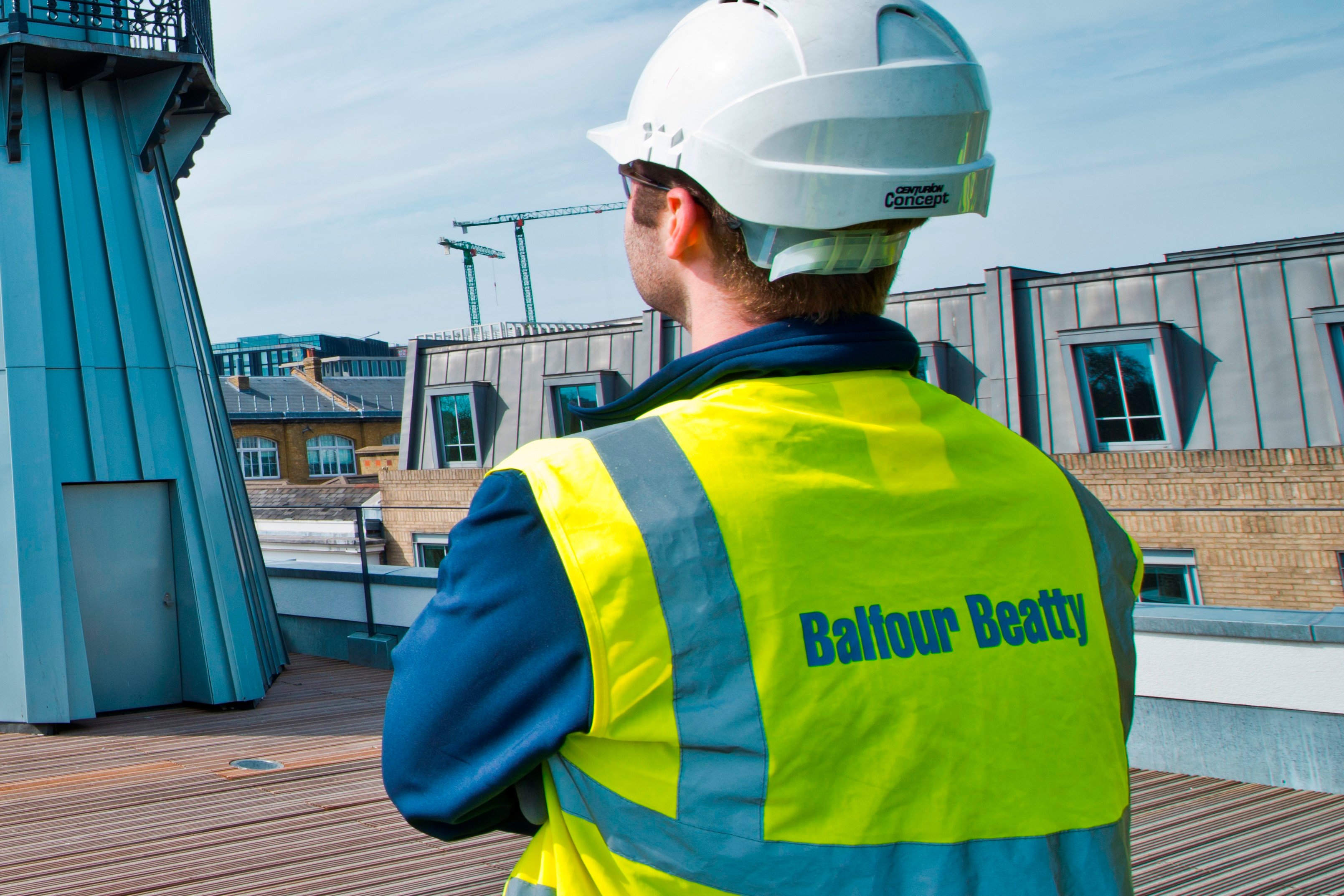Over the last few years, the UK government has introduced several reforms to the Prompt Payment Code - an initiative designed to speed up cash flow in UK industry. And this means that the question of how fast you pay suppliers is becoming ever more pertinent.
Update: replacing the Prompt Payment Code (PPC), the new Fair Payment Code (FPC) establishes stricter standards to ensure suppliers are paid on time, addressing a long-standing issue in sectors like construction, where payment delays have historically disrupted projects, strained subcontractor relationships, and created financial instability. For more information on the Fair Payment Code, its awards and how it differs to the Prompt Payment Code read our the new Fair Payment Code explained article here.
The government introduced a significant update to the Prompt Payment Code last July. And as of April 1st, 2022 – due to the government’s Procurement Policy Note 08/21 – compliance with the standard effectively becomes mandatory for businesses that bid on major government contracts.
Understanding the Prompt Payment Code is vital if you run a construction business that works on public sector contracts.
Here is what you need to know about the Prompt Payment Code in 2022:
What is the Prompt Payment Code?
The Prompt Payment Code is a voluntary code of practice for businesses, designed to encourage supplier payment in 30 to 60 days, depending on the supplier size. It was first introduced in 2008 as a response to calls from companies for changes in payment culture.
Because the code is entirely voluntary, businesses do not have to comply. That said, over 3,300 big UK buyers have signed up – including major construction firms, retailers, banks, public sector authorities and a range of small and medium-sized businesses.
As of July 1st, 2021, complying with the reformed Prompt Payment Code requires:
-
A senior person at the buying company (CEO, CFO etc.) to personally take responsibility for payment practices
-
Signatories to produce an annual report and explain any delays
-
Signatories to allow suppliers to charge late payment interest on delayed invoices
-
If the buyer cannot pay the supplier within the agreed timeframe, they must contact suppliers to explain why
Changes to expect from April 1st, 2022
In October 2021, the government published the Procurement Policy Note 08/21. For most major government contracts – £5million plus – there will be a tightening of the rules during the pre-qualification process relating to the timely payment of supply chains.
This new procurement rule will come into effect from April 1st, 2022, and includes:
- An automatic pass threshold of 95% of invoices paid within 60 days.
- This is measured over two 6-month calendar reporting periods.
- The next level threshold, where you are not hitting the 95% target, will be between 90% and 95%. But you must provide information on why you didn’t meet the threshold with an action plan to correct it.
- The automatic failure threshold will be anything below 90% in the 60-day period.
To be clear, this procurement policy is separate from the Prompt Payment Code, but it is effectively nudging businesses that want to bid for government work to conform to the code’s rules.
So, even if your company has not yet signed up to the Prompt Payment Code, you will have to comply anyway if you want to work on public sector projects. If you cannot show that you pay invoices within the timeframe, any bids you make for government work are likely to be rejected.
The government also clarifies that new businesses that do not have a long record of paying suppliers (and so cannot prove compliance) will still be able to apply for government work.
Challenges when complying with the Prompt Payment Code
Although the Prompt Payment Code is straightforward in theory, complying with the standard can be challenging in practice.
For example, when the prompt payment ‘clock’ starts can be unclear – the clock being the first day of the 60-day payment window.
Usually, suppliers will view the payment clock as starting when they send the invoice. Yet there are several reasons that the buyer may not see and process it within 60 days. The invoice could:
- get lost in the post
- not be noticed in accounts payable’s inbox
- sent to the incorrect email address, or land in the spam folder
- have the wrong information on the invoice
- require manual rekeying that leads to costly mistakes
These factors could mean that a buyer pays an invoice later than expected and is deemed a late payer.
Invoices often need to be returned to the supplier to make necessary changes.
As a result, the clock continues to tick for payment and does not restart, despite the lost time.
CausewayOne e-Invoicing: avoid unnecessary invoice payment delays
CausewayOne e-Invoicing is the UK’s largest construction-specific ‘true’ e-invoicing solution. The solution makes invoice management simple and drastically reduces the likelihood of delays – helping construction companies conform to standards like the Prompt Payment Code.
Prompt Payment signatories like Balfour Beatty, Galliford Try and Kier Group rely on CausewayOne e-Invoicing to pay invoices to term.
CausewayOne e-Invoicing digitises the entire invoice payment process so all your suppliers can submit invoices through an easy-to-use online portal. If there are any mistakes or missing information, CausewayOne e-Invoicing automatically rejects the invoice and sends it back, explaining what is missing or incorrect.
Otherwise, the action of submitting, processing, and validating invoices is entirely automatic with straight-through processing to an ERP for payment, based on predefined business rules and purchase order matching.



